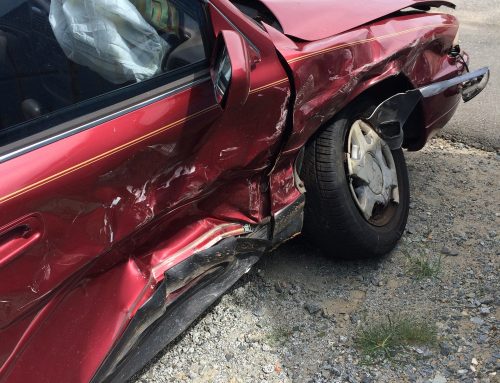Driving under the influence (DUI) is a serious offense, and the consequences go far beyond a night in jail or a temporary license suspension. A Florida DUI conviction can impact nearly every aspect of your life, from your finances and freedom to your employment and reputation. Whether it’s your first offense or you’ve been through the system before, it’s critical to understand the legal penalties and long-term effects of a DUI charge in the Sunshine State.
Florida DUI Laws at a Glance
In Florida, you can be charged with DUI if you are found to be operating a vehicle with a blood alcohol content (BAC) of 0.08% or higher. DUI also applies if your normal faculties are impaired due to alcohol, controlled substances, or chemical substances.
Florida law takes DUI offenses seriously, especially when there are aggravating factors such as minors in the vehicle, prior convictions, or accidents that cause injury or death.
Legal Penalties for DUI in Florida
The penalties for DUI increase with the number of prior offenses and the circumstances of the arrest. However, if your BAC is 0.15% or higher, or if a minor was in the vehicle, you can face enhanced penalties—even on a first offense.
- First Offense
Fine: $500–$1,000
Jail time: Up to 6 months
License Suspension: 6–12 months
Probation: Up to 1 year
Community Services: Mandatory 50 hours
Vehicle impoundment: 10 days
DUI school/possible substance abuse treatment - Second Offense (within 5 years)
Fine: $1,000–$2,000
Jail Time: Up to 9 months
License revocation: Minimum 5 years
Ignition interlock device: Required for at least 1 year
Vehicle impoundment: 30 days - Third Offense (within 10 years)
A third DUI incident is considered a felony.
Fine: $2,000–$5,000
Jail Time: Up to 5 years
License revocation: Minimum 10 years
Extended ignition interlock - Fourth Offense or DUI with Serious Injury
A fourth offense is a felony conviction that will incur substantial prison time and a permanent revocation of driving privileges.
Long-Term Consequences of a Florida DUI Conviction
The legal penalties are only part of the picture. A DUI conviction can haunt you long after you’ve served your sentence.
- Criminal Record: A DUI stays on your criminal record permanently in Florida. This can affect job opportunities, background checks, and housing applications. Florida does not allow DUI convictions to be expunged or sealed.
- Increased Insurance Rates: You’re considered a high-risk driver after a DUI. You’ll be required to carry FR-44 insurance, which comes with significantly higher premiums. Some insurers may even drop your coverage entirely.
- Employment Challenges: Many employers conduct background checks, and a DUI conviction may be a red flag—especially in industries that require driving, handling sensitive information, or working with vulnerable populations.
- Professional Licensing Issues: Doctors, nurses, lawyers, teachers, and other licensed professionals may face disciplinary actions from their licensing boards. A DUI could even result in license suspension or revocation.
- Personal and Social Impact: Beyond the legal and financial consequences, a DUI can impact your relationships, reputation, and emotional well-being. The stigma attached to a DUI arrest can follow you for years.
What to Do If You’re Charged with DUI
If you’re facing a DUI charge in Florida, the most important step is to consult with an experienced criminal defense attorney as soon as possible. A skilled attorney can:
- Challenge the legality of the traffic stop
- Review the accuracy of BAC testing procedures
- Explore plea options or diversion programs (if eligible)
- Work to reduce charges or penalties
If you were injured in an accident involving a drunk driver, it is important to assert your rights. Call the experienced attorneys at Probinsky & Cole as soon as possible to ensure that you get the representation and compensation that you deserve.








